
Bruce Bower has written about the behavioral sciences since 1984. He often writes about psychology, anthropology, archaeology and mental health issues. Bruce has a master's degree in psychology from Pepperdine University and a master's degree in journalism from the University of Missouri. Following an internship at Science News in 1981, he worked as a reporter at Psychiatric News, a publication of the American Psychiatric Association, until joining Science News as a staff writer. In 1996, the American Psychological Association appointed Bruce a Science Writer Fellow, with a grant to visit psychological scientists of his own choosing. Early stints as an aide in a day school for children and teenagers with severe psychological problems and as a counselor in a drug diversion center provided Bruce with a surprisingly good background for a career in science journalism.

Trustworthy journalism comes at a price.
Scientists and journalists share a core belief in questioning, observing and verifying to reach the truth. Science News reports on crucial research and discovery across science disciplines. We need your financial support to make it happen – every contribution makes a difference.
All Stories by Bruce Bower
-
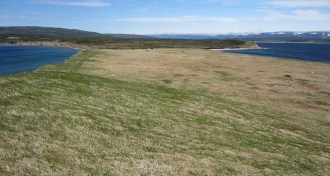 Archaeology
ArchaeologyPossible second Viking site found in Newfoundland
Newfoundland excavation reveals possible Norse settlement.
-
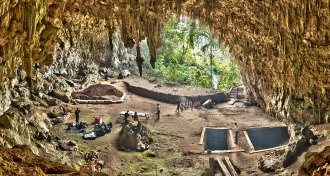 Anthropology
AnthropologyHobbits died out earlier than thought
Tiny Indonesian hominids disappeared earlier than thought, around 50,000 years ago.
-
 Humans
HumansPacific islanders got a double whammy of Stone Age DNA
Neandertal and Denisovan genes influence the health of present-day Melanesians.
-
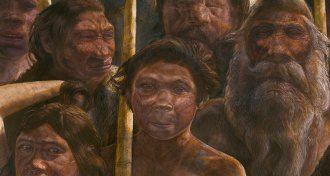 Anthropology
AnthropologyAncient DNA reveals who is in Spain’s ‘pit of bones’ cave
Ancient DNA shows Neandertals lived in northern Spain 430,000 years ago; the early date raises new questions about Neandertals’ origins.
-
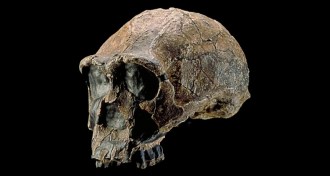 Anthropology
AnthropologyH. erectus cut, chewed way through evolution
A diet that included raw, sliced meat changed the face of early Homo evolution, scientists say.
-
 Psychology
PsychologyPsychology’s replication crisis sparks new debate
Controversy flares again about whether psychology studies survive further scrutiny.
-
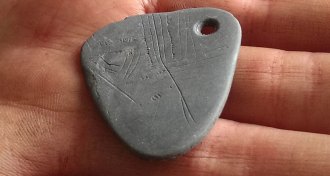 Archaeology
Archaeology11,000-year-old pendant with etched design found in England
Stone artifact with design etched on it comes from a transitional time in England 11,000 years ago.
-
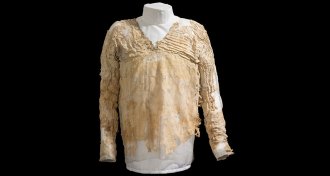 Archaeology
ArchaeologyTailored Egyptian dress is the oldest ever found
A pleated dress found in an ancient Egyptian cemetery called Tarkhan was cut, fitted and tailored between 5,400 and 5,100 years ago.
-
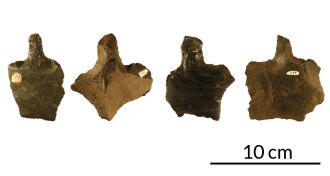 Archaeology
ArchaeologyEaster Island people used sharpened stones as tools, not weapons
Sharp-edged stone tools enabled daily survival, not warfare, on Easter Island.
-
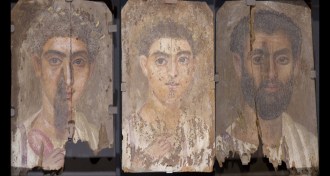 Tech
TechNew clues illuminate mysteries of ancient Egyptian portraits
New analyses shed light on how ancient Egyptian “mummy paintings” were made.
-
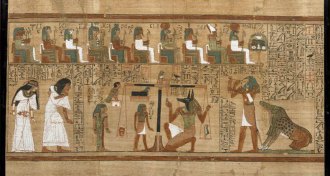 Anthropology
AnthropologyRise of human civilization tied to belief in punitive gods
Beliefs in all-knowing, punitive deities may have fueled the growth of human civilizations.
-
 Psychology
PsychologyDon’t blame winter for that bleak mood
Contrary to popular opinion, depression doesn’t spike in winter, survey finds.